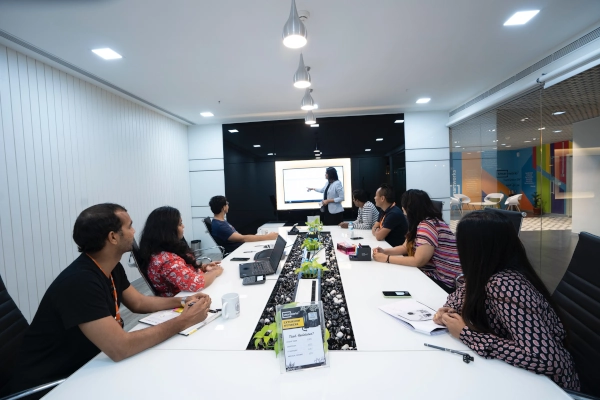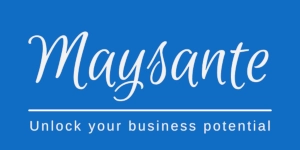Diversity and inclusion, whose responsibility is it? The simplest answer is everyone is responsible for diversity and inclusion. But leadership is vital to achieving it. This is the case both in the workplace and in society.
Roles in Diversity and Inclusion
Leaders
Organisational leaders are responsible for creating a diverse and inclusive culture. Thus, leaders have a responsibility to ensure that diversity and inclusion remain on the board agenda. It must form part of your organisation’s strategy. You must also report on it regularly as part of your KPIs (Key Performance Indicators). It must be visible on your leadership dashboard. Therefore, you must take proactive steps to improve on identified gaps. It is also important that it does not become a tick box exercise. For you and your organisation to be truly inclusive, diversity and inclusion should be really embedded in your workplace. This means that it should shine through your recruitment, retention and reward. This also includes your performance management, training and development and employee engagement programmes.
It should also reflect in your supply chain. You should have Diversity and Inclusion Champions on your board and in every department.
You must be aware that once your employee brings an allegation of discrimination or less favourable treatment, the burden moves to the employer. The employer must prove that any decision is not because of discrimination.
HR and Diversity Inclusion Professionals
HR and Diversity and Inclusion specialists play important roles in discrimination. Thus, as an HR and Diversity and Inclusion professional, you have a responsibility to challenge bias. This includes both conscious and unconscious bias. You can highlight areas of concern to your organisation’s senior management. How do you handle cases of discrimination? When it comes to supporting managers in discrimination cases, do you provide a get out of jail card? How do you incorporate diversity and inclusion into your organisation’s practices? Does it form part of your induction training program? Are there refreshers? Is it mandatory for everyone to attend? How do you measure the impact of diversity and inclusion?
Workforce
Every employee has a role to play. Hence, it does not matter what your role is. You are potentially in a better position to witness discrimination against your colleagues. For example, you can see how the inside jokes alienate people. How do you react when you witness bias? Do you call it out for example? Do you report it? If your colleague who is being discriminated against speaks up, do you step forward to support them? Or do you cover your ears, eyes and mouth? ‘See no evil, hear no evil or speak no evil’.

Supply Chain Management
The supply chain has a role to play too. All stakeholders in the supply chain, whether you are a supplier of goods and services or a consumer, can influence diversity and inclusion. An organisation will take diversity and inclusion seriously if they know it’s important to their supply chain. For example, if a brand believes that there will be a boycott of their products if their customers know that they are not an inclusive employer, that organisation will take every step to ensure that they become inclusive.
What can leaders do to create a diverse and inclusive environment?
- Lead by example. Treat all people with respect.
- Recognise the differences in people.
- Hold people accountable.
- Employ a diverse workforce at all levels in your organisation.
- Create an inclusive working environment. Encourage your staff to stand up against discrimination. Do not penalise them for speaking out.
- Incorporate diversity and inclusion into your board agenda.
- Appoint champions at all levels of the organisation.
- Offer diversity and inclusion training programmes.
- Encourage inclusive discussions where everyone can contribute in a respectable manner.
- Be fair, firm and consistent in your approach to fairness. Create equity within your workplace.
- This can be achieved by a fair and equitable reward strategy, promotional opportunities, employee engagement programmes and representation.
- Implement a due diligence process to ensure that your supply chain is diverse and inclusive.
Impact of getting it wrong
You risk losing top talent. And will struggle to attract and retain talent. You will miss out on the positive impact of a diverse workforce. You may also suffer reputational damage. There may also be financial losses as compensation for discrimination is uncapped. The highest award of £4.5 million was recorded in 2012 and a more recent award of £2.5 million in 2021. The average award is £35k.
Diversity and inclusion is not the responsibility of minority groups. It is the responsibility of leadership. Therefore, leaders must ensure that this responsibility is taken seriously. It is also important to profitability, growth and brand reputation.
Here is a reminder of why equality, diversity and inclusion are important.


